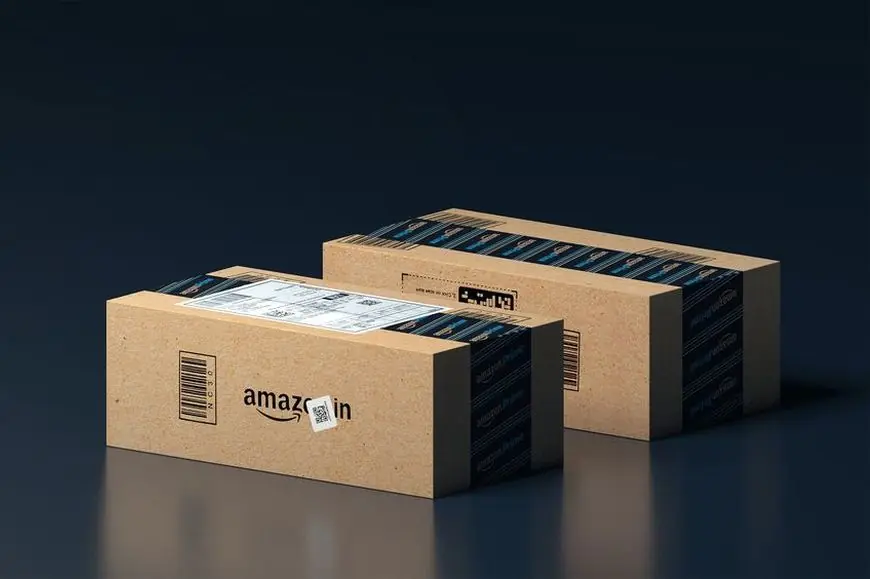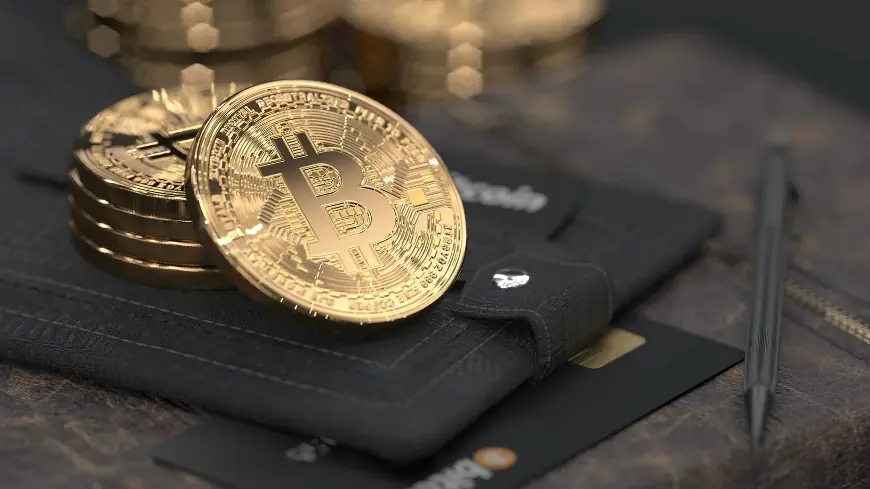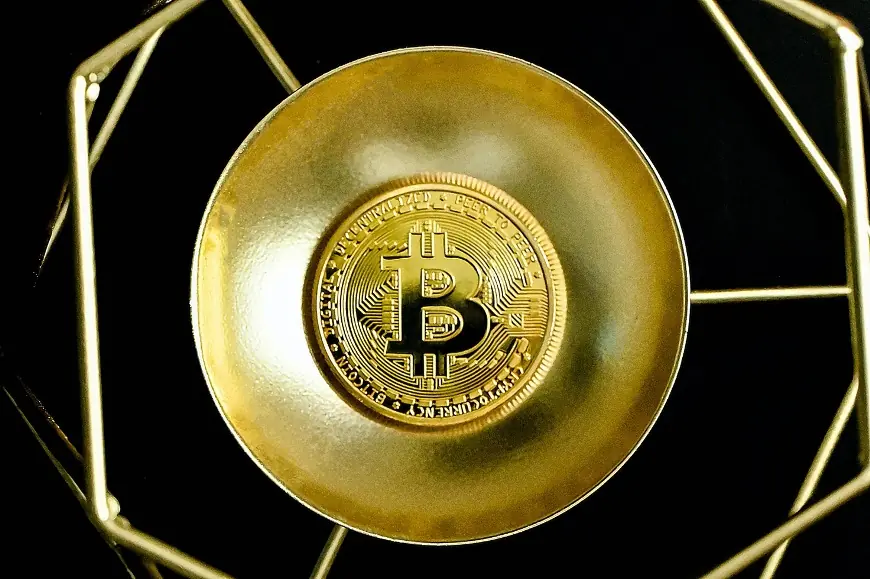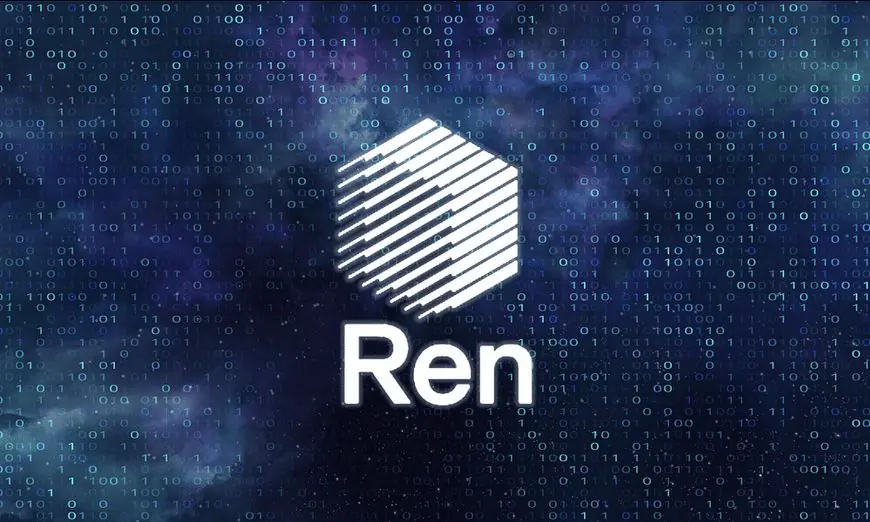

How to Use Bitcoin and Other Digital Assets to Buy from Amazon?
Introduction
Although it has been more than 10 years since Bitcoin (BTC), the world’s first digital currency, was launched, Amazon still does not support digital money. Representatives of the platform and Jeff Bezos himself have not provided any coherent explanation as to why they do not support the crypto, although many experts speculate, they may begin supporting BTC or altcoins in the future.
There is also a possibility that Amazon will launch its own cryptocurrency. In any case, you can still use your bitcoin savings to indirectly pay for goods sold through the platform. We are here to educate you about the features of BTC and other crypto tokens as well as to reflect on the reasons why Amazon still does not accept crypto as a banking method. In addition, by reading this post, you will learn which companies are already supporting BTC.
Features of cryptocurrency
Introduced in 2009, cryptocurrency is a digital asset and payment instrument utilizing computer code and distributed ledger technology (blockchain). Cryptocurrency operates without the control of any central party, be it a person, organization or regulator. Blockchain is a decentralized database where transaction records are stored.
It is essentially a chain of blocks, each containing transaction information in an encrypted form. Conceived by a Satoshi Nakamoto (the person or team behind the nickname), Bitcoin is a new kind of money that is friendly to the online environment. Digital money is faster, has low transaction fees, and operates without outside interference (from central banks or government regulators).
Although there are hundreds of cryptocurrencies today, they still work as digital money and are also used as a tool for borrowing, lending, and storing savings. In addition, because of its ever-increasing price, crypto is a great asset for trading, allowing you to profit on short and long positions.
However, if you are going to use your crypto wallet just to store tokens, insurance or a guarantee that you won’t lose money due to volatility is required. Simply say, no one will give you that guarantee (hedge), so converting to other currencies in a timely manner is the only way out.
Cryptography Technology
The word ‘cryptocurrency’ is made up of ‘crypto’ and ‘currency’, which explains why many people call tokens abbreviated ‘crypto’. Digital money uses cryptography, the encrypting data technology in the digital world. Because cryptocurrency is not regulated by a central authority, a high degree of security is essential to its success.
To send and receive bitcoins, you need a crypto wallet, which is a combination of a public and a private key. The public key is an encrypted address of your crypto account that can be seen by any participant of the payment network. You give your public key so the sender can transfer some tokens to you.
The private key is something like your password which must never be divulged. Although crypto looks like one of the safest and most secure forms of money, Amazon and Bitcoin don’t go hand in hand yet, and we’ll explain why that’s the case further in this post.
Maintaining Health by All Participants
Based on elements of game theory (not gambling), cryptocurrency protocols stipulate that each network participant acts to keep the system operational. Some nodes on the network act as miners. Their job is to verify transactions, namely to solve complex mathematical puzzles.
As the capitalization and exchange (transformation) rate of crypto increases, the computing power requirements of the miners’ equipment gradually increase. In the early stages of the Bitcoin network, anyone with a personal computer could mine. Today, miners are major players in the cryptocurrency market with colossal computing power. Remarkably, the cost of electricity is comparable to that of developed European countries.
By checking transactions, miners add them to blocks. For each new block added to the chain (blockchain), they receive a guaranteed reward of 6.25 BTC (after some halving the reward has decreased from the initial 50 BTC per 1 block). Thus, by doing their job, the miners are responsible for the issuance of bitcoins.
With a total of 21 million tokens (the number of bitcoins was limited by the creators of the network), about 90% of the tokens have already been issued. Presumably, the last BTC will be issued in 2140, but mining will not lose its relevance. Miners are expected to be remunerated in the form of transaction fees.
Transparency of the System
One of the important features of Bitcoin (and altcoins like Litecoin, Dogecoin, QT, AMP, HotBit, or Ethereum) is the transparency of the technology behind them. This means many software solutions are open source and freely distributable. Any transaction logged on the network is time-stamped, so the blockchain acts as a database with a chronology of token ownership and storage. Anyone can view the entire history of transactions made on the crypto network at any time.
Why has cryptocurrency shaken the world?
Cryptocurrency and the ecosystem around it is a multi-billion-dollar industry that has attracted huge numbers of individuals and organizations around the world. Created as a bitcoin environment to circulate, blockchain is a powerful technology that has led to significant innovation.
Digital money and the software solutions behind it have prompted payment system providers and many companies from other industries to update their processes in order to generally improve the user experience and provide more paying possibilities online. Against this backdrop, there is often news Amazon is accepting crypto, but this is far from reality so far.
As a free system, blockchain has provided access to various financial instruments for those who cannot use the centralized banking system. In addition, cryptocurrency encourages people to retain control over their personal and financial data, giving them a kind of self-sovereignty over how they manage their savings.
However, as an unregulated financial system, cryptocurrency has many disadvantages, such as the risk of losing the wallet password, which can lead to the total loss of their money. Crypto also allows for circumvention of restrictions imposed by governments and regulators, which is often to the benefit of ordinary people.
The government’s bloated national currency in Venezuela has all but lost value, and locals have been investing bolivars in bitcoins to preserve their savings. However, illegal activities and money laundering are important issues for crypto that cannot be ignored (although these tasks are addressed by Fincen). So, we come to the possible reasons why Amazon still does not accept crypto.
Possible Reasons Why Amazon Still Does Not Accept Digital Currencies
There have been rumors Jeff Bezos has personal holdings in Bitcoin and Ethereum. However, the Amazon founder himself has denied these rumors. Moreover, his platform still does not support cryptocurrency as a payment method. However, in 2013 AmazonCoin, a special currency to buy software, games, and microtransactions in games, was introduced.
Given the narrow applicability of this currency, it cannot be called Amazon digital money. So, while there are no obvious reasons for Amazon’s rejection of BTC, a couple of assumptions are made - check them out below:
-
High levels of volatility of digital money. While all sorts of economic crises have dealt devastating blows to national currencies, they are more resilient and reliable. Due to the volatility in the value of BTC and other currencies, Amazon may have trouble pricing the goods they trade. Another problem with crypto is the uncertainty of its future acceptance by governments and regulation.
-
The desire to launch its own digital currency. Amazon is probably distrustful of BTC and altcoins, which could lead to a desire to launch its own token. As mentioned above, the first such attempt was made back in 2013. However, given AmazonCoin’s (Amazon digital currency) narrow scope, it is unlikely to compete with Bitcoin, Ethereum, and even Dogecoin.
-
Mutually beneficial agreements with major payment providers. Amazon most likely has lucrative contracts with financial market leaders such as Visa, MasterCard, PayPal or QuickPay, so there is no reason for them to introduce something new to which there is little credibility. Moreover, as the largest commerce platform, Amazon has created an environment for smaller players of retailer market they could not get by operating on their own. So, ‘does Amazon accept Bitcoin’ is not the most pressing question for small sellers from various countries, be it Portugal, Latvia, Egypt, Belgium, Netherland, or the US where the company is headquartered.
Furthermore, there is speculation Bezos himself is not a supporter of crypto as a decentralized and anonymous payment tool. This is suggested by an article Bezos published in a respected newspaper in 2016 when BTC was going through its worst times (tokens were declining in value). The headline of the article contained the eloquent phrase “rest in peace, Bitcoin”.
However, with Jassy taking over as CEO in 2021, this may change, as Bezos’ opinion may no longer be as influential as it once was. This is probably why questions like “does Amazon accept cryptocurrency?” are becoming more common in the information space.
Are there preconditions for Amazon to start accepting cryptocurrency?
The first announcement that the platform would not accept BTC was made in April 2014, when crypto was just gaining momentum. However, eight years later, much has changed, and cryptocurrency has become much more in demand these days. As of 2020, more than a third of small and medium-sized businesses in the US have started supporting BTC as a banking method.
Large companies such as Microsoft, Vodafone, and AT&T have also joined the cryptocurrency trend (read more below). In 2021, Amazon announced it would hire cryptocurrency developers to work on creating and deploying a digital currency in Mexico. Later on, there were also news reports indicating Amazon is involved in the cryptocurrency world in some way. This suggests that the platform is preparing for the adoption of crypto as a payment method.
On the other hand, the need for crypto and blockchain specialists could indicate plans to launch a blockchain-based platform for its supply chain business. However, there are still many analysts who believe Amazon is as far away from adopting digital money as it was eight years ago.
How to make crypto purchases until Amaon accepts cryptocurrencies
Although Amazon still does not accept bitcoins and altcoins as a means of payment, the platform does support so-called gift cards. These gift cards work in the same way as US national currency and can be used to purchase any item on Amazon. There are several gift card centers allowing you to buy cards with cryptocurrency.
Although they work as an intermediate layer and add extra fees (taxable transactions), it can be a good option for those who have digital currency savings. Below we look at this and a few additional ways to shop on Amazon using crypto, so read every review for top methods available.
BitPay
As a reminder, Amazon doesn’t accept BTC directly (and doesn’t take other tokens as well), but that’s no barrier to using your crypto savings to buy goods. Operating as a payment app and service providing you with a payment card, BitPay serves as an additional layer between your crypto savings and Amazon’s platform.
You will be able to fund your BitPay account not only with bitcoins but also with some altcoins including USD Coin, Dogecoin, XRP, and others. Another advantage of the service (compared to crypto exchanges like Coinbase, Bittrex, Gate io, and others) is the crypto wallet.
While you have the option to fund your BitPay account directly from Coinbase (even overseas), your assets within your account are stored on your local device (PC or mobile) so they are secure. By attaching a credit or debit card, you can buy digital tokens directly from BitPay.
Most importantly, BitPay allows you to buy Amazon gift cards you can redeem instantly by switching to the commercial platform. This means you can easily attach a gift card to your Amazon balance.
Blockcard
This payment platform supports Visa cards which can be funded by transferring funds from your cryptocurrency wallet. In addition to BTC and Bitcoin Cash, Blockcard supports a variety of digital tokens like Tether, Litecoin, USD Coin, and many more. Users of the platform can order a virtual or plastic card with a metal card to be available in the near future. In order to order a plastic card, a minimum deposit of $10 is required.
The lack of transaction and conversion fees is what sets Blockcard apart from the crowd of similar services. However, if you decide to cash out your savings through a terminal, a USD 3 fee will be charged. With the Blockcard you can use it for purchases on Amazon just like any other bank card.
Bitrefill
According to the creators, the platform was designed to make life easier for those who prefer to use cryptocurrency as a means of payment. Although Amazon does not support crypto directly, Bitrefill allows you to buy an Amazon-supported gift card with a 1% reward credited to your account.
In addition to Bitcoin, the online service supports less popular tokens like Dogecoin, Ethereum, and Litecoin. To fund your Bitrefill account (a haven place for your tokens), you can transfer funds from your crypto wallet directly or use a QR code. Once you have received a gift card, you can immediately go shopping at Amazon.
Cash App
Developed by the team behind Square, a popular payment service, Cash allows you to buy BTC quickly and easily (however, other tokens are not yet supported). By using your Cash App account to shop at Amazon, you’ll receive a bitcoin cashback of 5% of your purchase amount.
However, you have to be verified before you can use your Cash card, so you can forget about the anonymity of BTC transactions. Additionally, there’s Venmo, a payment app that works in much the same way as Cash. You can also get a Cash debit card (including a plastic one).
PayPal
As the largest payment system has joined the crypto trend with precautionary measures, you will not be able to use bitcoins and altcoins stored in your PayPal account directly to make purchases (until Amazon accepts cryptocurrencies). However, with a PayPal account, you will be able to buy tokens and convert them back into fiat money to pay at Amazon.
So, the ability to buy digital money through PayPal (unlike Mybitcards, Canadian Wirex, or OneVanilla, f.e) is the only advantage of this processor. However, as one of the world’s first payment systems recognised in many countries along with EcoCash, Neteller, PayPal has taken every precaution to ensure the security of your savings, so that you will make every click in a totally secure and protected environment (thanks to using SHA 256).
Alternatively, you can also use Xoom, now owned by PayPal, from any location.
Crypto
By creating an account with this payment system, you will be able to pay with crypto tokens on Amazon as well as some other major marketplaces including eBay and Walmart. If you’re not in New York, there are 1,300+ different crypto tokens available to fund your Crypto account (even HEX or NZD).
By signing up for a Visa card through Crypto, you will be able to use it to shop at Amazon receiving up to 8% cashback (kind of dividends) on every transaction. In addition, for users with an account balance over $1,100, there are a number of loyalty program benefits and promotions available.
Purse
Last but by no means least on this list, Purse gives its users up to 15% (discounted) off their Amazon purchases. It is the easiest service to set up and use, with a URL to enter the product page you want to buy on Amazon. However, you will have to pay a small commission at checkout. Once you get to the checkout, you can confirm the payment simply by scanning the QR code.
Big companies that already joined the digital currency trend
Bitcoin backer Elon Musk, the founder of Tesla, soon suspended acceptance of crypto payments, citing possible environmental concerns related to the huge energy consumption of the miners. The powerful computing systems involved in verifying transactions and issuing tokens consume colossal amounts of electricity, including that generated by fossil fuels.
However, not all major companies share the Tesla creator’s concerns. For example, there are many major players that have decided to expand their user base by allowing crypto enthusiasts to take their crypto savings and spend them to buy goods and services:
-
Wikipedia. Using your BitPay account, you can donate to the most popular and trusted encyclopedia on the internet.
-
AT&T. Another BitPay-friendly company, which is the largest mobile operator in the US, also accepts bitcoin payments.
-
Benfica. The Lisbon football club was one of the first to accept bitcoin as payment for tickets and merchandise.
-
Mega.nz. The popular cloud storage service also allows its users to pay with crypto tokens for account upgrades.
-
ExpressVPN. As an online-based VPN server, ExpressVPN allows users to buy a premium account for bitcoins.
There are several companies preparing to adopt crypto in the near future including ShapeShift, Samsung, and some others. We’d love to include Amazon on this list right now, but we can’t until the platform accepts cryptocurrency payments. However, above we have provided many ways how you can shop on Amazon using crypto savings not directly.
F.A.Q.
1. What is digital money?
Introduced to the world in 2009, digital money operates on a decentralized ledger (blockchain) and can be used as a payment tool for goods and services. It offers some financial freedom to users and is characterized by anonymity, fast and relatively cheap transactions. Once you understand the basics of crypto, you will probably want to use it as a payment method.
2. Can I use crypto to buy goods from marketplaces?
Since most marketplaces are set up to handle fiat money, many of them, including Amazon, still do not accept cryptocurrency payments directly.
3. Does Amazon accept Bitcoin?
At the moment, you cannot pay for your purchases on Amazon using your crypto wallet directly. However, there are many payment services that act as an additional layer between your crypto wallet and your Amazon profile.
4. Which major companies already accept BTC?
From AT&T, Wikipedia, and ExpressVPN to several sports teams, there are many well-known companies supporting digital tokens as a secured payment method. Although crypto has faced many challenges, it is becoming more widespread around the world.
5. How can I shop on Amazon using gift cards?
By opening an account (or having an active one) with BitPay or a similar payment service, you can buy Amazon gift cards for crypto and then use these cards as regular money to buy goods.
6. Are there any chances of Amazon accepting crypto in the near future?
It has recently been reported that Amazon is launching several blockchain projects, suggesting that it will soon embrace crypto. In addition, there is a chance that the recent CEO Jassy is not as crypto-skeptical as Bezos is.



